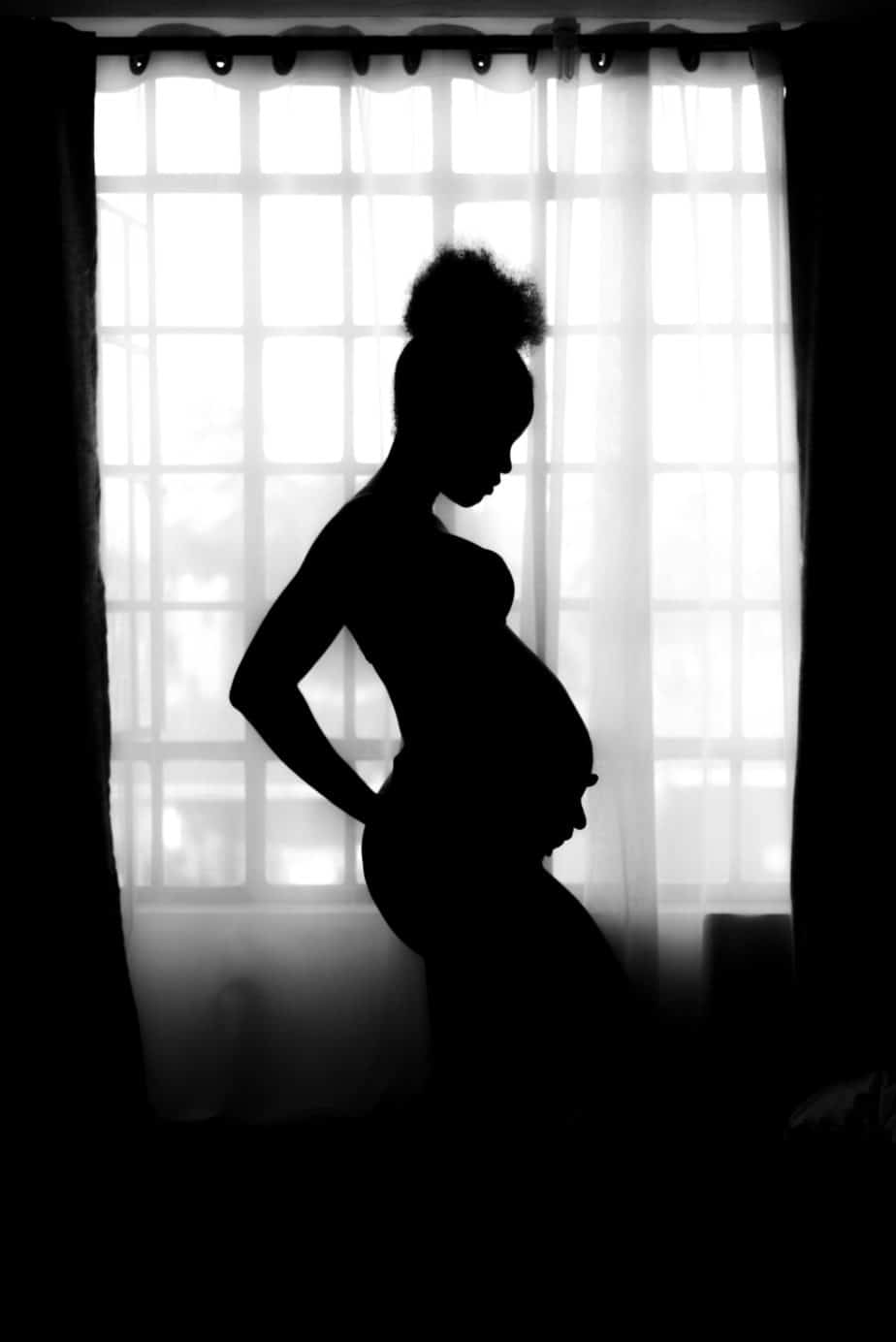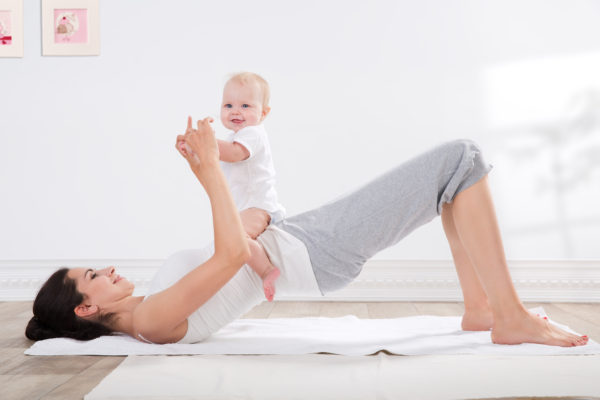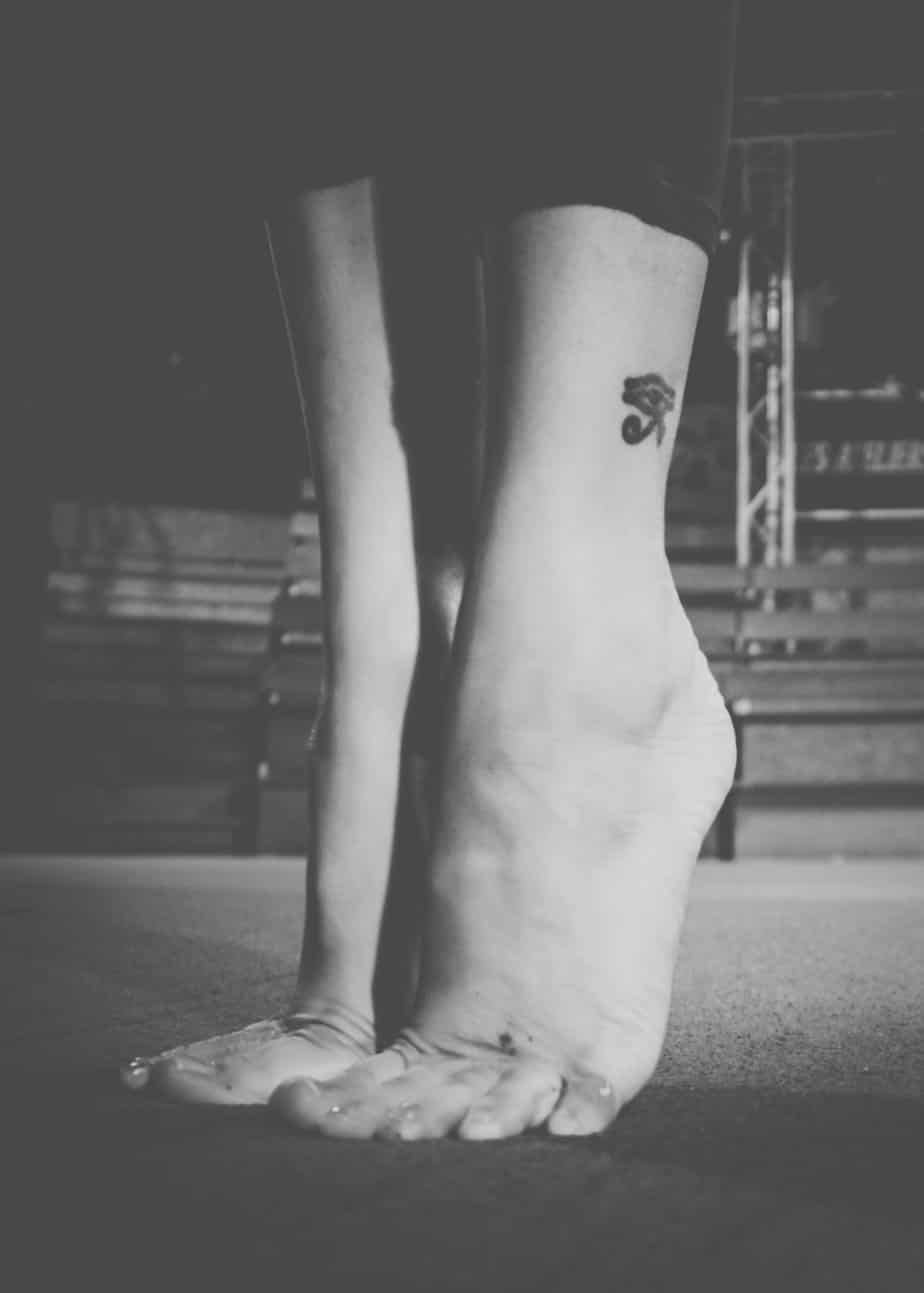Vulvar Varicosities

Pregnancy is a time where there are many changes happening in the body. Although vulvar varicosities are rare, affecting 4% of women, they can be quite debilitating in everyday life.
What are vulvar varicosities?
The veins of the vulva become dilated, and the blood flow has difficulty flowing in the correct direction due to a change in pressure.
How do they occur?
Vulvar varicosities occur most often during pregnancy due to an increase in blood flow to the pelvic area and an increase in blood volume in the body. People that have varicose veins of the lower extremities have increased chances of having vulvar varicosities as well. They typically do not interfere with vaginal delivery and tend to disappear up to 6 weeks postpartum.
Signs and Symptoms
- Tenderness or discomfort in the groin area
- Feeling of heaviness or pressure in the vulva
- Swelling of the vulva
- Blue, twisted prominent veins seen visually in the area of the vulva
- Itchiness of the vulva
- Aching after intercourse
Vulvar varicosities can sometimes be confused with Bartholin gland inflammation; therefore, it is always a good idea to consult your health care provider before attempting to self-treat.
Conservative Treatment
Elevate the area
Try lying on your back with a pillow underneath your pelvis and with your calves elevated on a couch/chair or exercise ball. This helps to guide the blood circulation out of the dilated veins of the vulva and back into the rest of the body using gravity.
Cold compresses
Applying cold compresses to the vulva helps to constrict the veins. You can apply ice up to 15min per hour but use a cloth between the compress and the skin to avoid applying it directly on the skin.
Take breaks
Spending too much time on your feet can increase symptoms associated to vulvar varicosities. You can alleviate this by taking frequent breaks throughout the day to sit or elevate your legs and pelvis or simply by changing positions often to avoid stagnation.
Try compression garments
Support belts and compression garments can help improve blood flow around the pelvis by providing compression to the area and therefore reducing symptoms. If you do not have access to compression garments, try sitting on an exercise ball.
Avoid straining
Vulvar varicosities can also increase the risk of developing hemorrhoids. Straining during bowel movements or exercise can worsen symptoms. So, be aware of how your pelvic floor reacts when you exercise, for this you may want to consult a pelvic floor physical therapist. Eating a healthy diet with fiber and using a squatty potty can also assist with bowel movements.
Prevention
Move frequently
Moving your body is a great way to improve blood circulation and bowel movements, so start slowly with a walk or some yoga and continue moving throughout pregnancy.
Stay hydrated
Having adequate water consumption throughout the day maintains proper blood circulation. Always keep a water bottle with you and increase your water consumption during exercise.
Surgical Treatment
There are minimally invasive surgical options for vulvar varicosities such as sclerotherapy. This treatment includes injection of a substance directly into the veins to make them collapse. Please refer to your health care provider for more information on these treatment options and if they are indicated for you.
Role of the Pelvic Floor Physical Therapist
Your pelvic floor physical therapist can help you determine the cause of your symptoms and lead you towards safe and beneficial exercises specifically tailored to you. They will help increase your body awareness regarding the muscles of your pelvic floor and help alleviate any connective tissue or pelvic floor restrictions and/or muscle weakness.
References:
- https://www.cvmus.com/blog/vulvar-varicosities-treatment-tips-and-treatment-options#:~:text=Elevate%20the%20Area,exercises%20that%20elevate%20the%20area.
- https://veinatlanta.com/vulvar-varicosities-pregnancy/
- https://www.mayoclinic.org/healthy-lifestyle/pregnancy-week-by-week/expert-answers/vulvar-varicosities-during-pregnancy/faq-20419426







